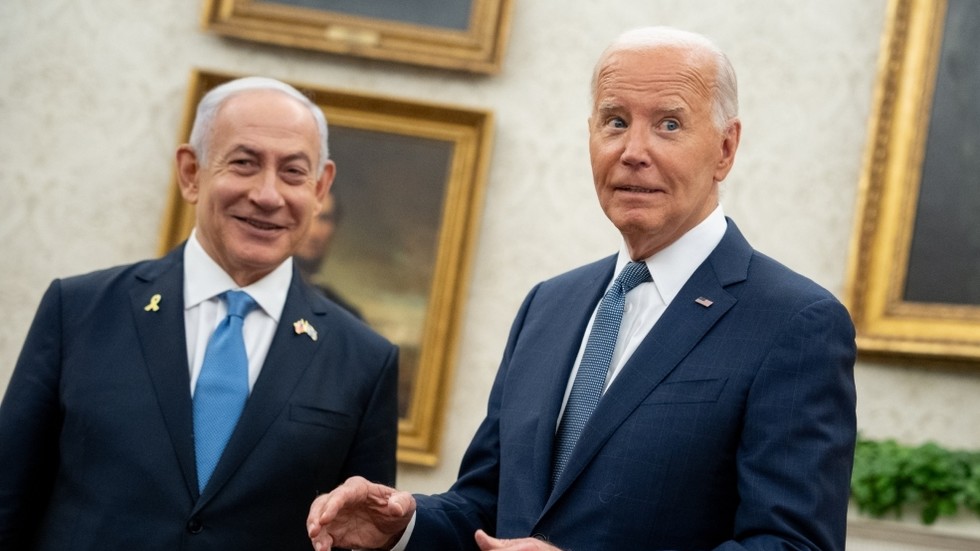The recent turmoil in the Middle East has strained relations between the United States and Israel, particularly regarding the ongoing conflict in Gaza. Reports indicate that President Joe Biden is increasingly frustrated by his inability to influence Israeli Prime Minister Benjamin Netanyahu’s military strategy, which has resulted in a significant civilian toll among Palestinians. As Biden’s calls for restraint have seemingly gone unheard, the nature of communication between the two leaders has reportedly devolved into heated exchanges, illustrating a growing realization that Biden may not be able to prevent a wider regional conflict. The administration’s focus has shifted toward managing and limiting Israel’s actions, rather than attempting to prevent them altogether.
Simultaneously, the situation has escalated with Israel’s military actions extending into southern Lebanon and a robust response from Iran, which has launched missiles at Israeli targets. The backdrop of this military engagement includes accusations of “genocide” arising from the conflicts in Gaza and Lebanon, in addition to retaliatory measures for the elimination of key figures in the Palestinian resistance movement. While the United States has publicly expressed its support for Israel’s right to defend itself, it has simultaneously urged caution in how aggressively Israel retaliates against perceived threats from Iran and Hezbollah. Nonetheless, domestic pressures have mounted on Biden from pro-Palestinian groups to reconsider the continuous military aid offered to Israel.
Despite Washington’s facilitative role in mediation, efforts to establish a ceasefire have so far proven ineffective. Reports have surfaced suggesting that the Biden administration approved Israel’s military operations in Lebanon, even as it publicly advocated for a cessation of hostilities with Hezbollah. Tensions have further escalated with claims that Israel conducted military strikes without prior notification to the United States, which has contributed to anger within the White House. Notably, Biden has been explicit in his stance against supporting Israeli strikes on Iranian nuclear facilities, particularly amid calls among Israeli hardliners for such action.
The broader implications of this conflict echo both regionally and internationally, drawing criticism from various countries, including Russia. Official statements from the Russian government characterized the U.S. approach as indicative of an ill-equipped strategy for crisis resolution in the Middle East. As regional powers like Iran and Lebanon engage more actively alongside groups like Hamas, the possibility of a multi-front conflict looms larger. This increasing tension reflects a significant departure from previous dynamics where the United States had considerable sway over Israeli military actions.
At the heart of this unraveling situation is the complex web of alliances and enmities that define the Middle East’s geopolitical landscape. The ongoing violence underscores longstanding grievances and the precarious balance of power among states and non-state actors in the region. As military engagements intensify, the potential for a broader conflict increases, raising alarms not only among regional actors but also prompting concerns about the implications for U.S. foreign policy. The Biden administration’s struggle to regain influence over Israel’s military decisions illustrates the shifting dynamics and challenges that accompany historical ties between the two nations.
In summary, the current state of affairs reflects a confluence of military action, strategic frustration, and the looming specter of regional war. Biden’s administration is faced with complex challenges in managing relationships with Israel, Iran, and Hezbollah while navigating domestic expectations for a more balanced approach toward the ongoing humanitarian crisis. The evolving nature of the conflict in the Middle East signals a critical juncture for U.S. engagement, raising questions about the efficacy of traditional diplomatic interventions and highlighting the urgent need for a recalibrated strategy moving forward.

